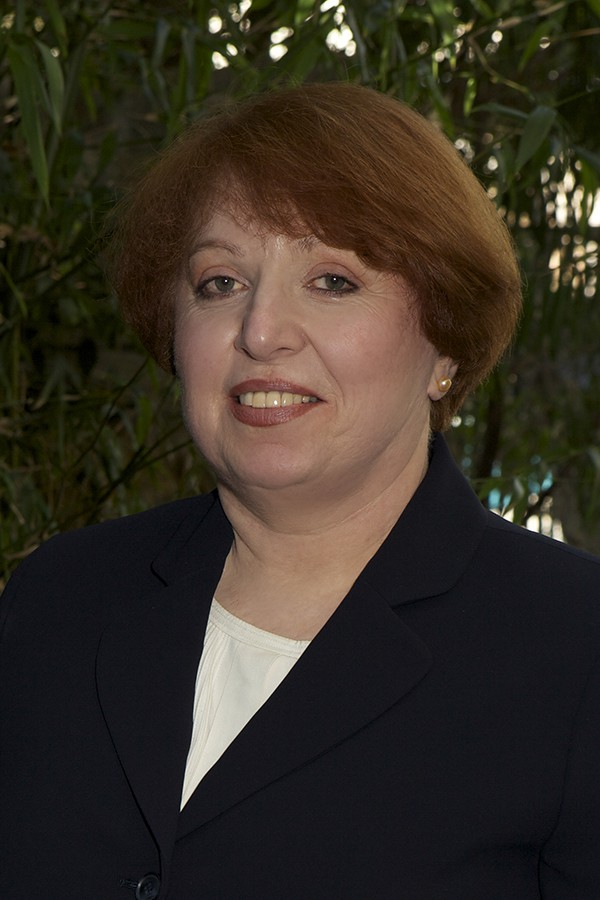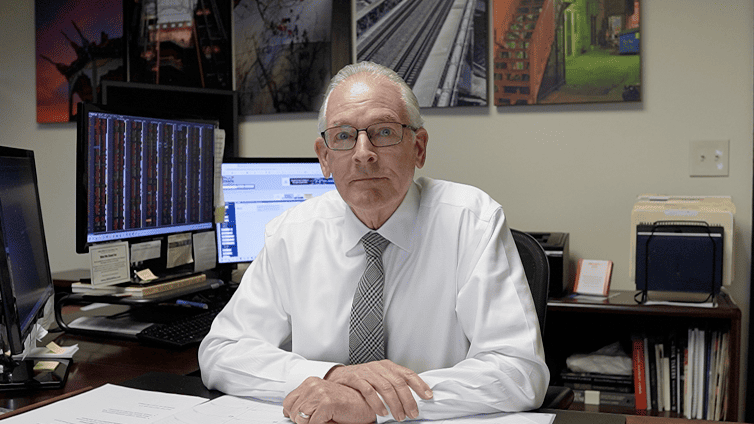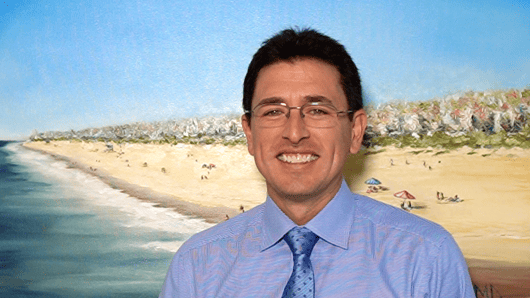Bad things happen to the best of us, and instead of conveniently spacing themselves out, they almost always come in waves. The important thing is to have a financial life preserver, in the form of an emergency cash fund, at the ready.
Although many people agree that an emergency fund is an important resource, they’re not sure how much to save or where to keep the money. Others wonder how they can find any extra cash to sock away. One survey found that 26% of Americans don’t have any emergency savings at all.
How Much Money?
When starting an emergency fund, you’ll want to set a target amount. Three, six, or nine months of expenses is a good starting point. But exactly how much is good for you? Unfortunately, there is no “one-size-fits-all” answer. The ideal amount for your emergency fund may depend on your financial situation and lifestyle. For example, if you own your home or provide for a number of dependents, you may be more likely to face financial emergencies. And if the crisis you face is a job loss or injury that affects your income, you may need to depend on your emergency fund for an extended period of time.
Coming Up with Cash
If saving several months of income seems an unreasonable goal, don’t despair. Start with a more modest target, such as saving $1,000. Build your savings at regular intervals, a bit at a time. It may help to treat the transaction like a bill you pay each month. Consider setting up an automatic monthly transfer to make self-discipline a matter of course. You may want to consider paying off any credit card debt before you begin saving.
Once you see your savings begin to build, you may be tempted to use the account for something other than an emergency. Try to budget and prepare separately for bigger expenses you know are coming. Keep your emergency money separate from your checking account so that it’s harder to dip into.
Where Do I Put It?
An emergency fund should be easily accessible, which is why many people choose traditional bank savings accounts. Savings accounts typically offer modest rates of return. Certificates of Deposit may provide slightly higher returns than savings accounts, but your money will be locked away until the CD matures, which could be several months to several years.
The Federal Deposit Insurance Corporation insures bank accounts and certificates of deposit (CD) up to $250,000 per depositor, per institution in principal and interest. CDs are time deposits offered by banks, thrift institutions, and credit unions. CDs offer a slightly higher return than a traditional bank savings account, but they also may require a higher amount of deposit. If you sell before the CD reaches maturity, you may be subject to penalties.
Some individuals turn to money market accounts for their emergency savings. Money market funds are considered low-risk securities, but they’re not backed by any government institution so it is possible to lose money. Depending on your particular goals and the amount you have saved, some combination of lower-risk investments may be your best choice.
Money held in money market funds is not insured or guaranteed by the Federal Deposit Insurance Corporation or any other government agency. Money market funds seek to preserve the value of your investment at $1.00 a share. However, it is possible to lose money by investing in a money market fund.
The only thing you can know about unexpected expenses is that they’re coming — for everyone. But having an emergency fund may help alleviate the stress and worry associated with a financial crisis. If your emergency savings are not where they should be, consider taking steps today to create a cushion for the future.





